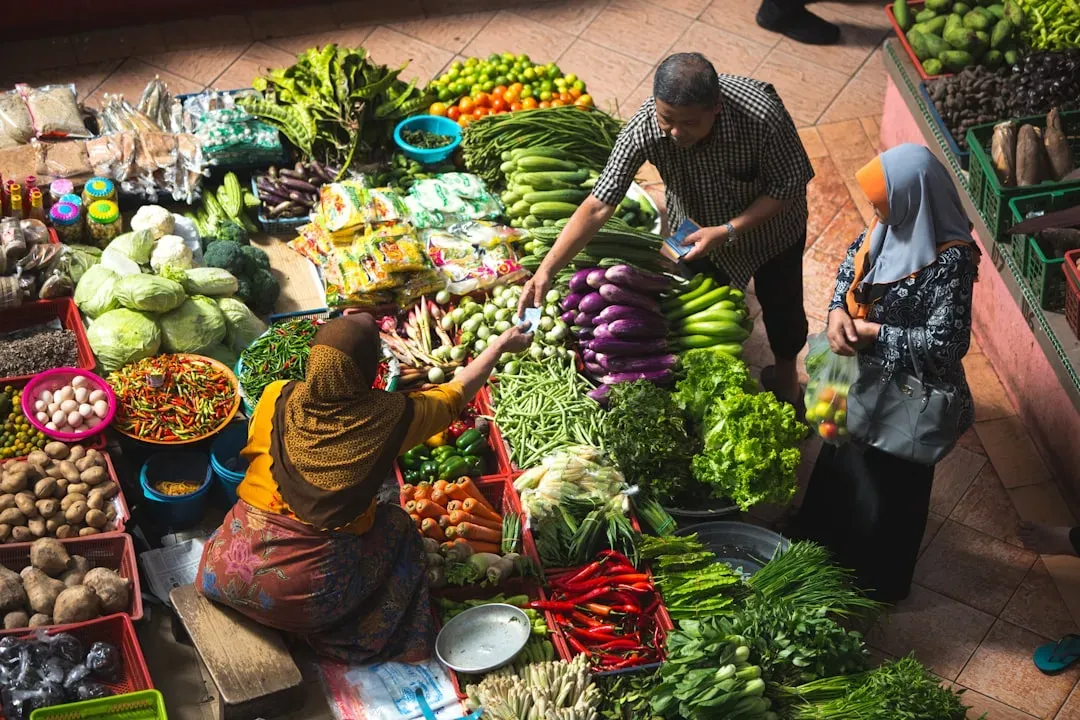What needs to change?
The EAT-Lancet 2.0 findings are a wake-up call, but also a roadmap for action.
The report shows that getting the global food system back within the planet’s safe operating space is still possible, but only with strong, large-scale action. According to the EAT-Lancet Commission, 3 big shifts are key:
-
Producing food more efficiently and sustainably
-
Reducing food loss and waste
-
Shifting global diets toward the Planetary Health Diet, a flexible, largely plant-based way of eating that supports both people and planet.
Adopting this dietary pattern could prevent roughly 27% of the total deaths worldwide and reduce the rates of many chronic diseases.
Even with ambitious efforts, the report warns that challenges will remain. While climate and freshwater use could return to safer levels, pressure on nitrogen and phosphorus cycles would still be high, though much lower than today. Wider adoption of circular approaches, such as closing nutrient loops and improving resource efficiency, could reduce these pressures and help move to a truly sustainable food system.
Building on its 2019 edition, EAT-Lancet 2.0 brings stronger science, richer data, and a crucial new focus on justice. The message is clear: the food transition must be sustainable, healthy, and fair, inclusive of all people and respectful of cultural differences.




